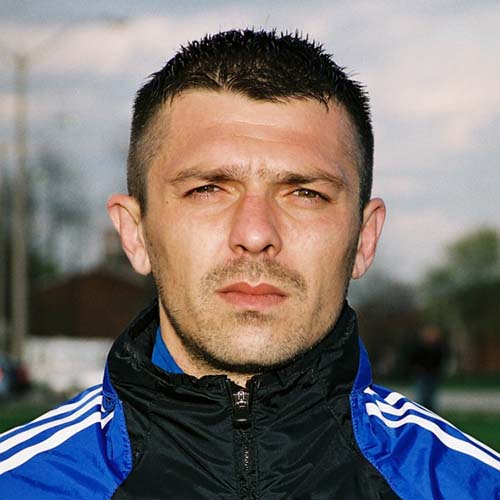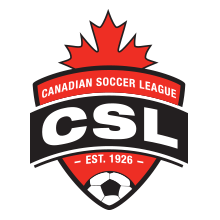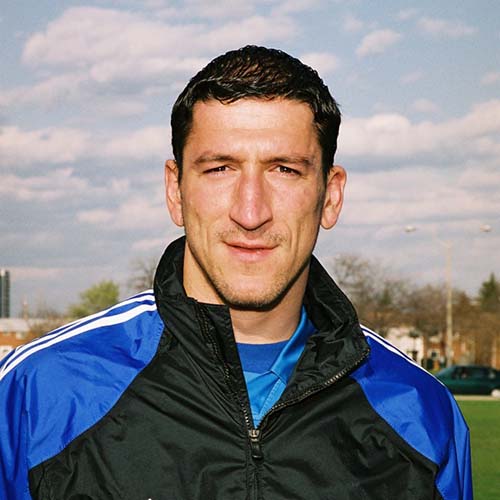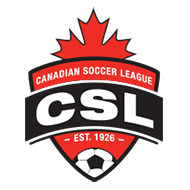Is the Canadian Soccer League changing its long-standing and successful practice of importing players from other countries to now focus on player development at home ?
The answer is no, the CSL has never wavered in its position that the acquisition of players in a semi-professional environment belongs to the member teams. Signing a player can be on a professional registration agreement or a player can be signed as an amateur and the member club can sign a player or coach from anywhere in the world.
Many member teams have favoured importing professional players and have benefited by improved performance with increasing interest by the fans, while certain teams have searched their community for good amateurs who deserve to be in a more conventional player development environment.
Ideally, certain clubs do both with a roster of players from out of the country together with players from the local community, a blend that is often successful in becoming a strong player development environment while the amateurs play alongside and learn from the seasoned pros.
Serbian White Eagles have been one of the best examples with a procession of high level players brought from Europe, while at the same time placing young players from the local community in the professional CSL.
Serbian White Eagles was the first Canadian club to compete in the CONCACAF Champions Cup, an annual continental club competition organized by CONCACAF, the confederation that governs North America, Central America and the Caribbean. The winner of the CONCACAF Champions Cup automatically qualifies for the World Cup, however, the White Eagles were defeated early in the 1975 CONCACAF Champions Cup competition by Mexican team Monterrey. Nevertheless, the achievement was outstanding and is recognized to this day.
Serbian White Eagles became a member of the CSL in 2006 to be one of the top attractions in CSL history while signing high level players from Europe while also taking the acquisitions a step further by signing Dragoslav Secularac as head coach. Sacularac was legendary, one of the top players in Europe with 41 appearances for Yugoslavia from from 1955 to 1966. Early signings also included outstanding defender Merko Medic, recent head coach for the CSL’s Scarborough SC, and forward – mostly on the left wing – Sasa Viciknez. Nikola Budalic, now on staff for Inter Miami FC of MLS, was also one of the import players in the early days.
FC Vorkuta (now Continentals FC), Brantford Galaxy, Hamilton City and Scarborough SC are also recent clubs that were improved by signing import players.
While Canada’s soccer governance has placed its emphasis on the development of young Canadian players as a pathway for Canada being more competitive on the world stage, the CSL, which for many years was the leading professional league in Canada, has continued to bring seasoned professionals from other countries while holding a view that Canada also needs a stronger and larger professional soccer structure to improve its competitive position.
It’s now more than a decade since the Rethink Management Group, a sports consultancy organization based in San Francisco was commissioned by Canada Soccer to study and recommend a course of action that will lead to Canada being more competitive in world soccer. The Rethink Management Group was founded by James Easton who played most of his professional soccer with the Vancouver 86s following a few appearances for Tampa Bay Rowdies and Hamilton Steelers and a signing by Dundee United of Scotland. Easton failed to make the Dundee first team during his three-year contract. He made seven appearances for Canada’s senior team during the years 1987 to 1992.
The study was commissioned by Canada Soccer in 2010 with a view to improving Canada’s senior men’s team performance after reaching the World Cup finals just once, in Mexico 1986, when the team was eliminated without winning a match or scoring a goal.
The Rethink Management Group considered the Canadian Soccer League preference for importing high level players was a distraction from the domestic player development approach necessary to increase a needed skills level. The recommendations from the study led to the CSL being de-sanctioned by Canada Soccer.
The CSL has maintained a position that development of local players and the benefits obtained by bringing seasoned, experienced high level foreign players to Canada on a temporary permit can accelerate skills development.

Sasa Viciknez


